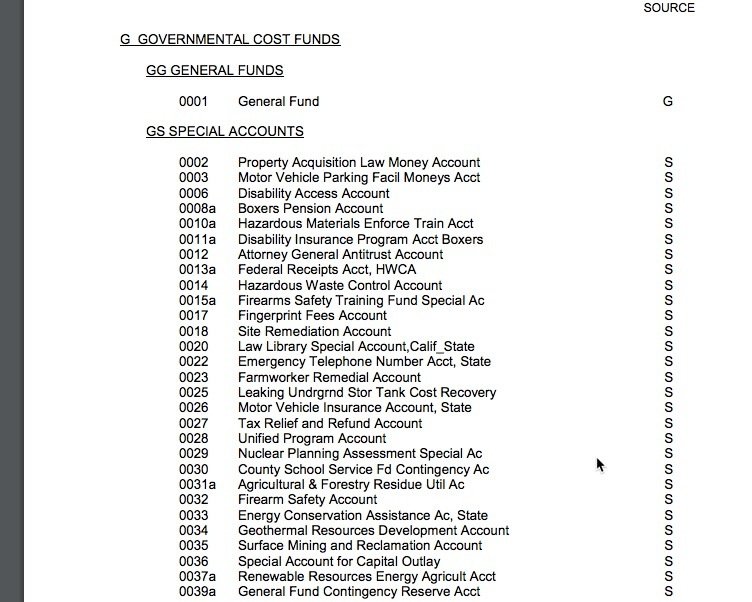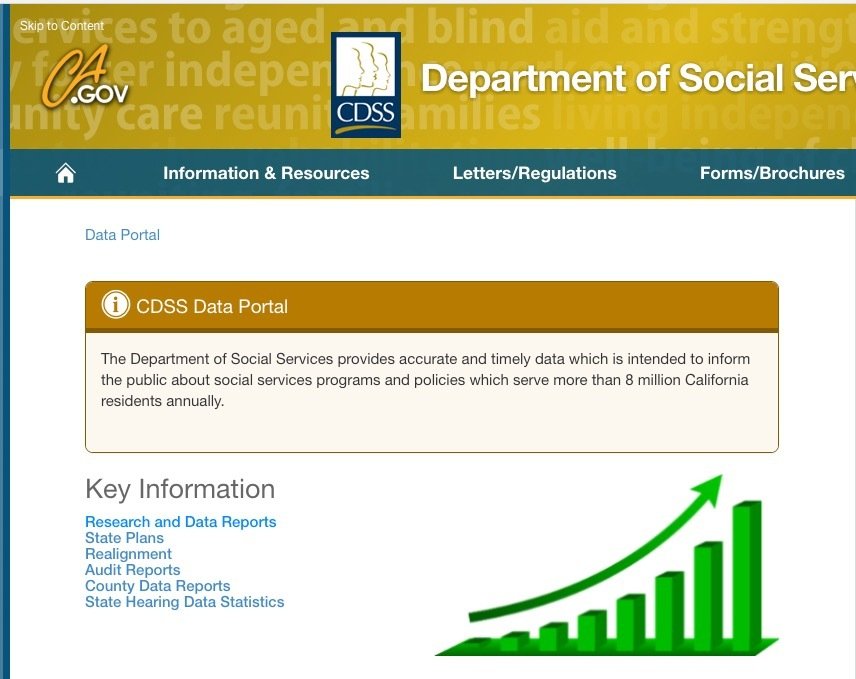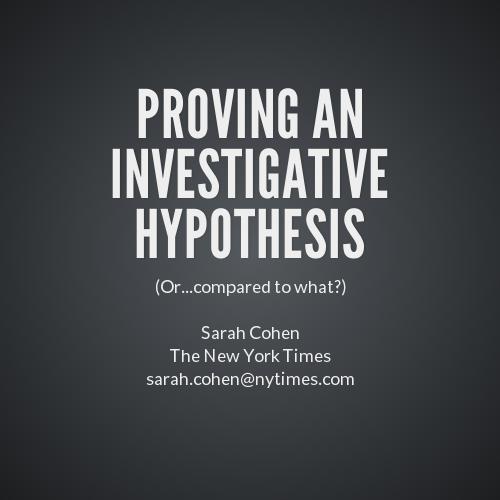Your right to know
Effective strategies for public records
Sarah Cohen / Cronkite School of Journalism / December 2021
Today I would like to describe two of the biggest impediments to the effective use of FOIA among journalists, and I detail others in my written statement. But at core, they all suggest a widespread but wrong default position that records belong to the Government and not to the public. This position turns FOIA upside down. Instead of the Government convincing the public that certain information must be kept secret, in practice the public must convince officials that it should be released.
Prepared testimony to the U.S. Senate Judiciary Committee, “Ensuring transparency in the digital age”, Sarah Cohen, March 15, 2011.
Public?
Government?
PUBLIC /
GOVERNMENT
PRIVATE /
GOVERNMENT
IN PUBLIC
/ NOT GOVERNMENT
PRIVATE /
NOT GOVERNMENT
FOIA IS:
- A law created to ensure public access to documents and other artifacts of government
- A formal process to obtain records
FOIA IS NOT:
- An efficient process
- A well understood or consistently administered law
- The right to "information" or answers to questions
Learn the law
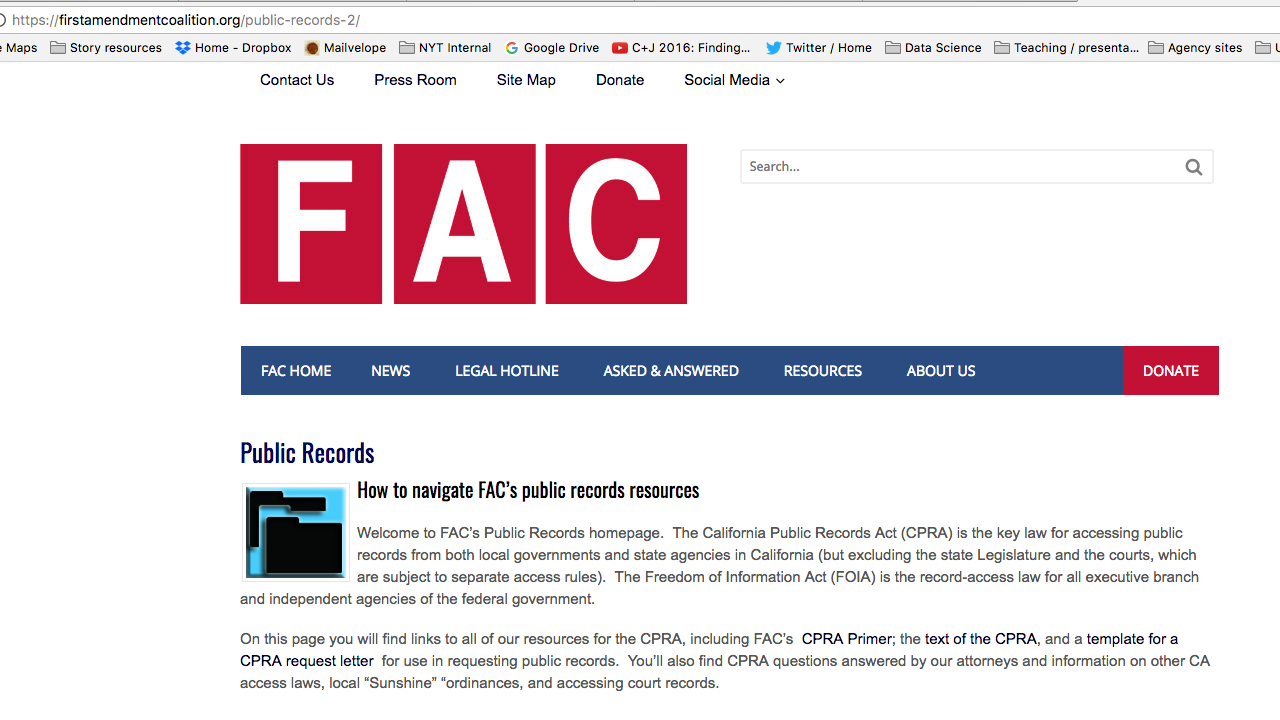
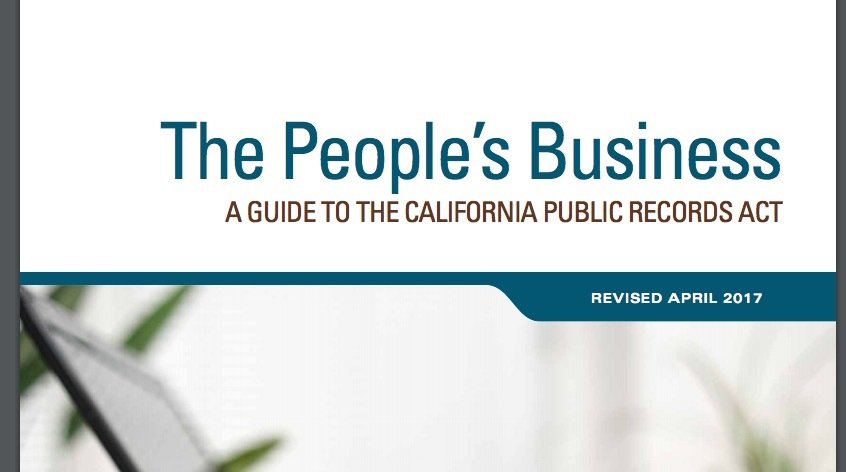
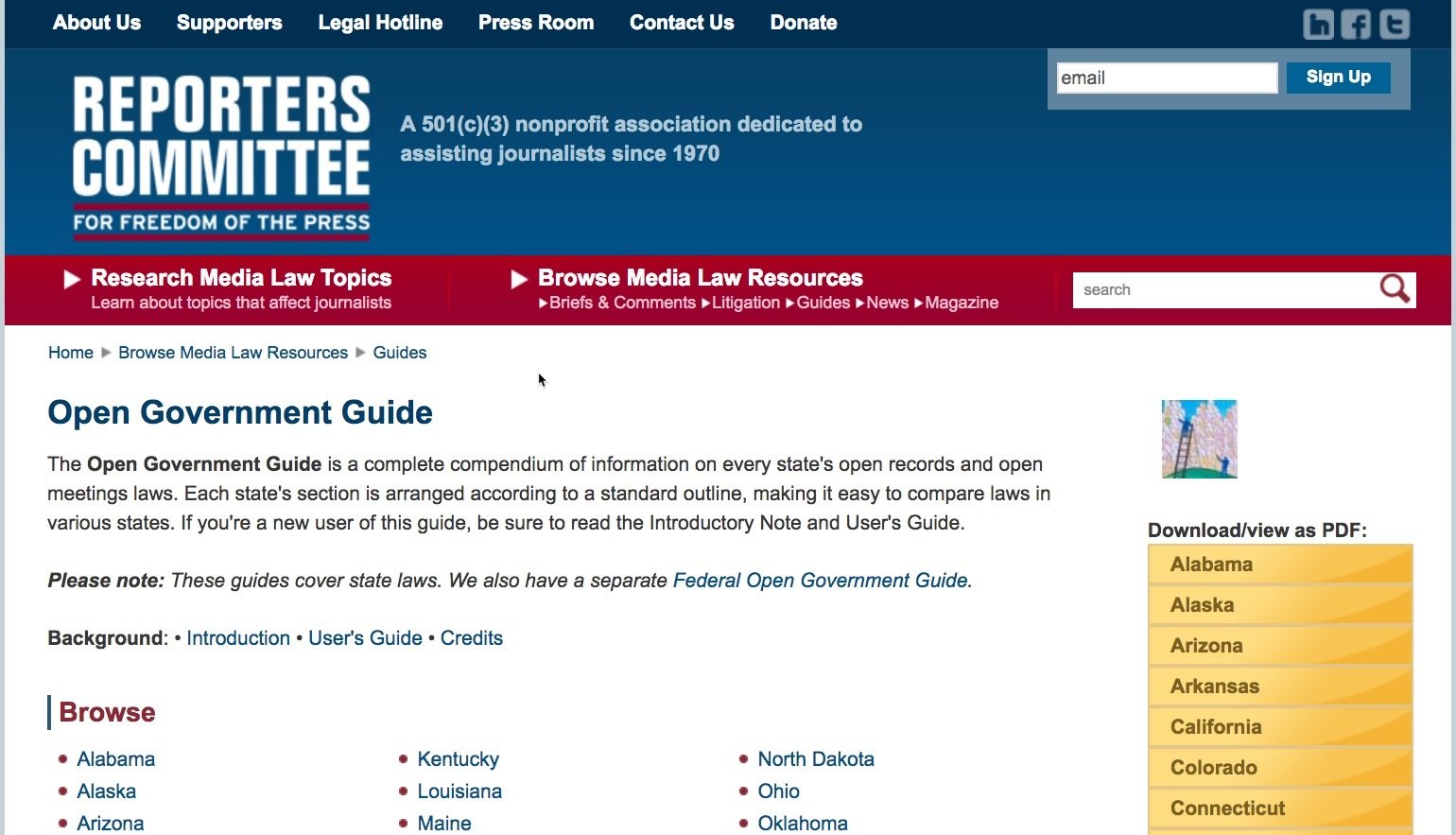
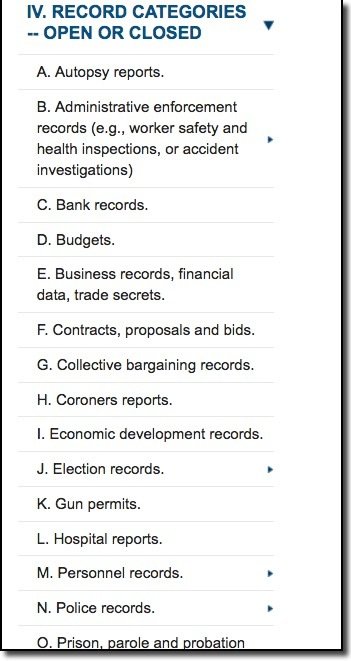
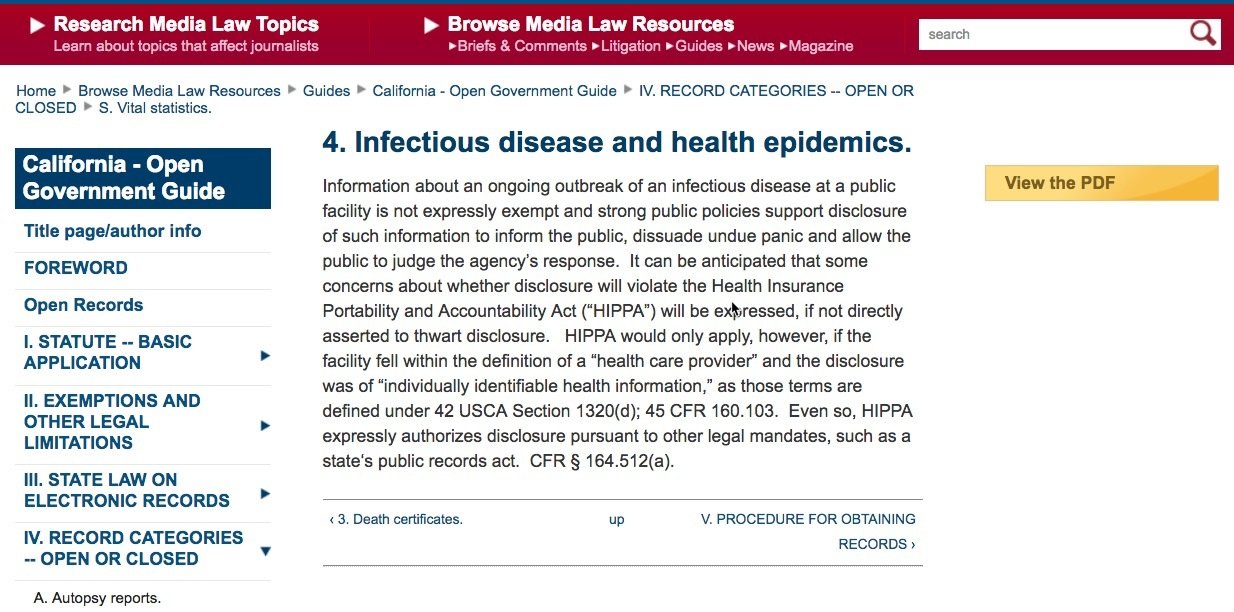
Take a tour
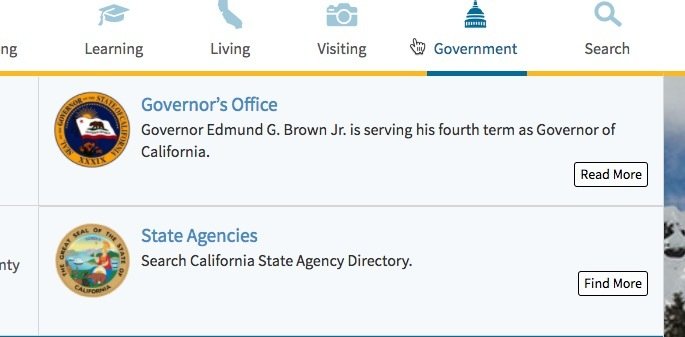
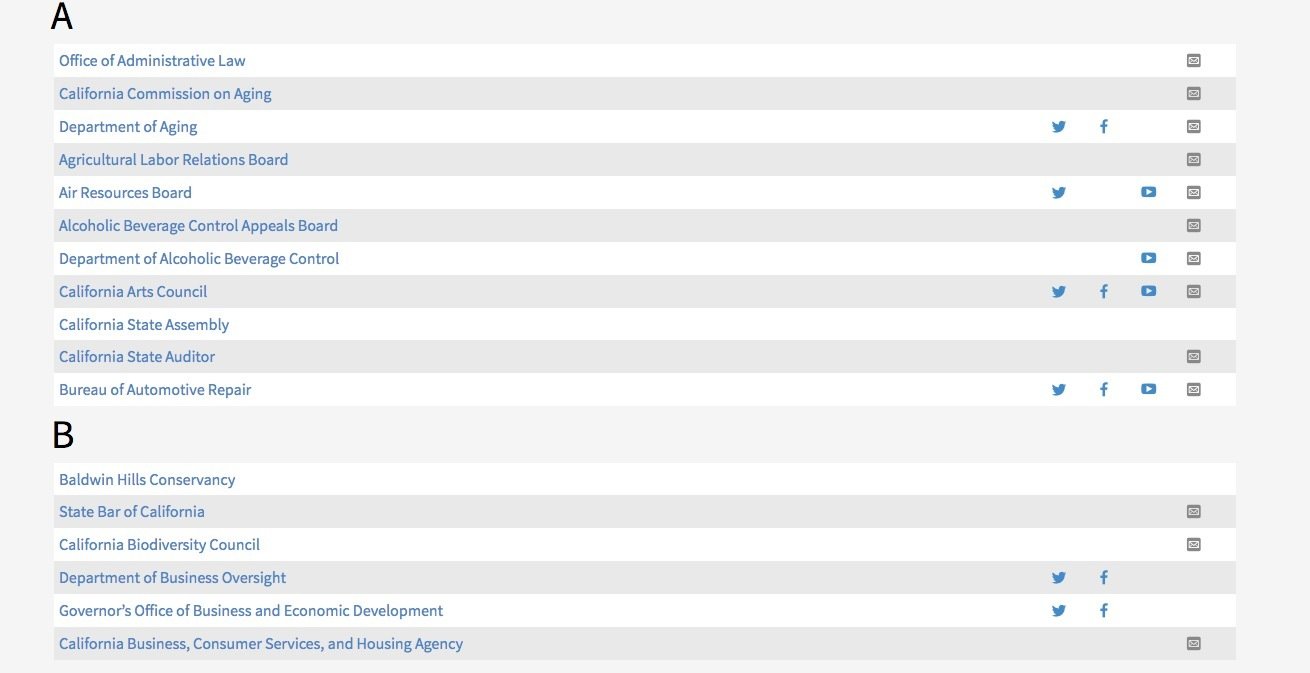
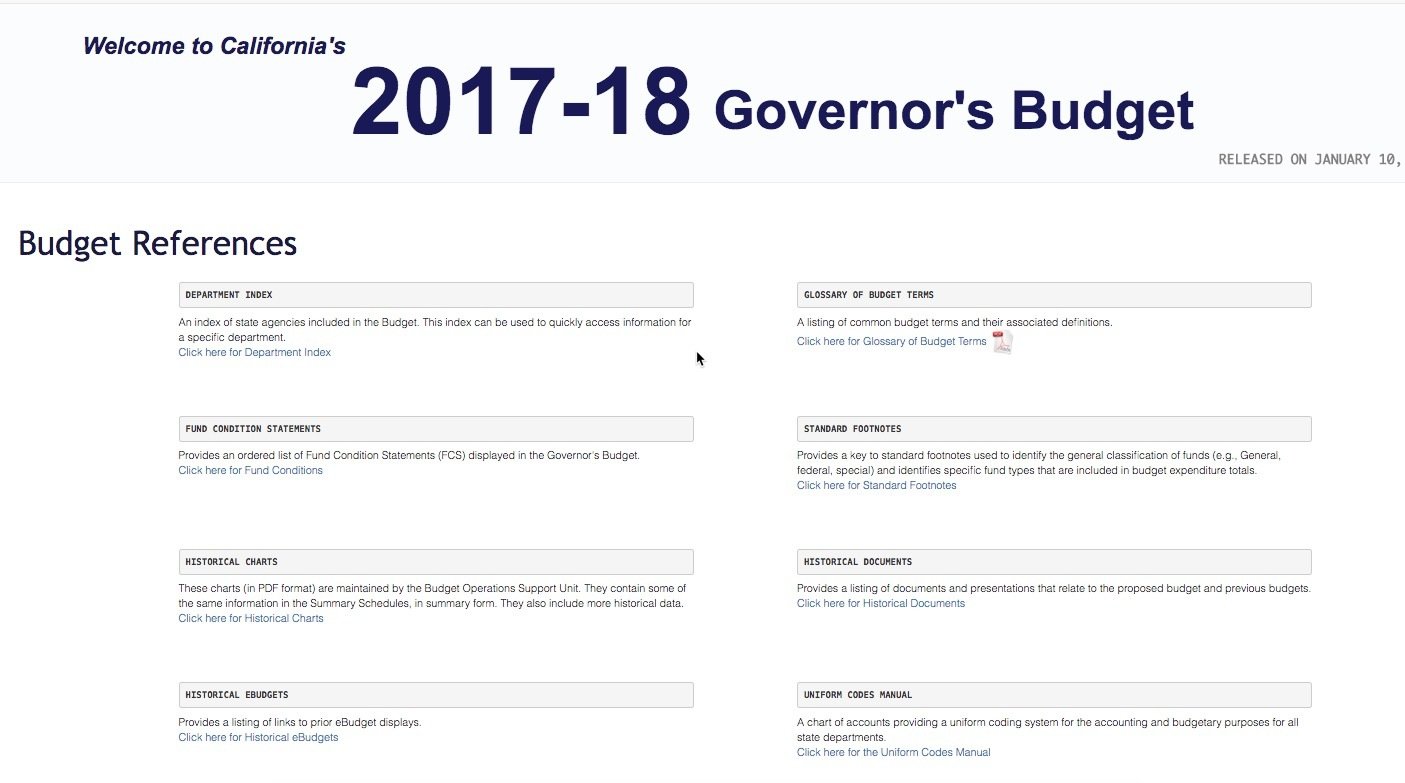

Look for
- Small office and program names
- IT initiatives
- Officials' names
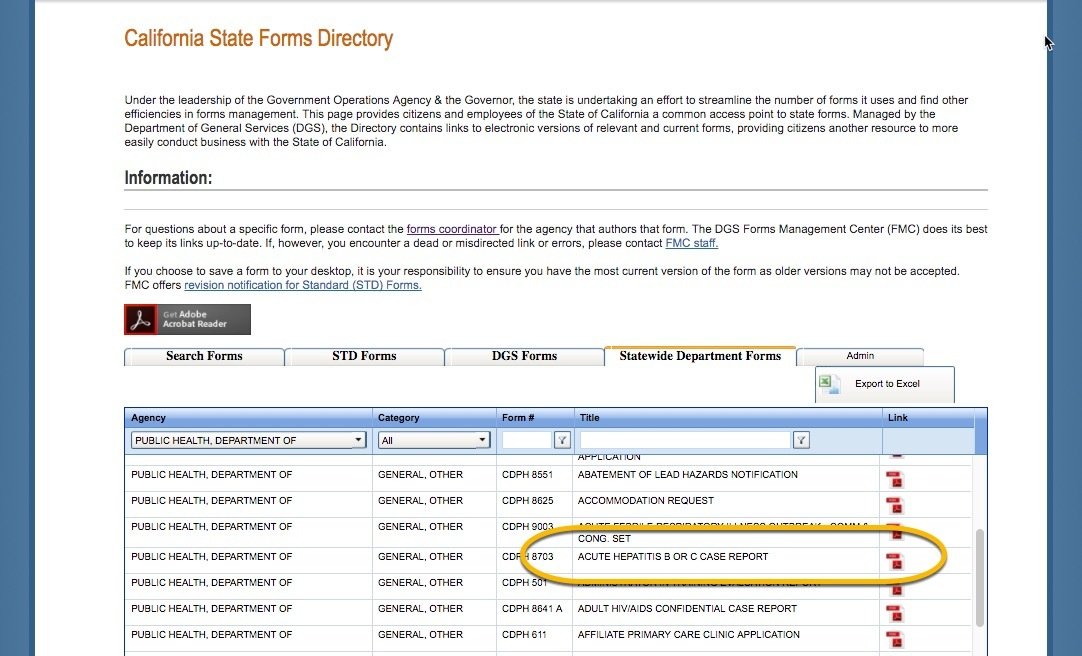
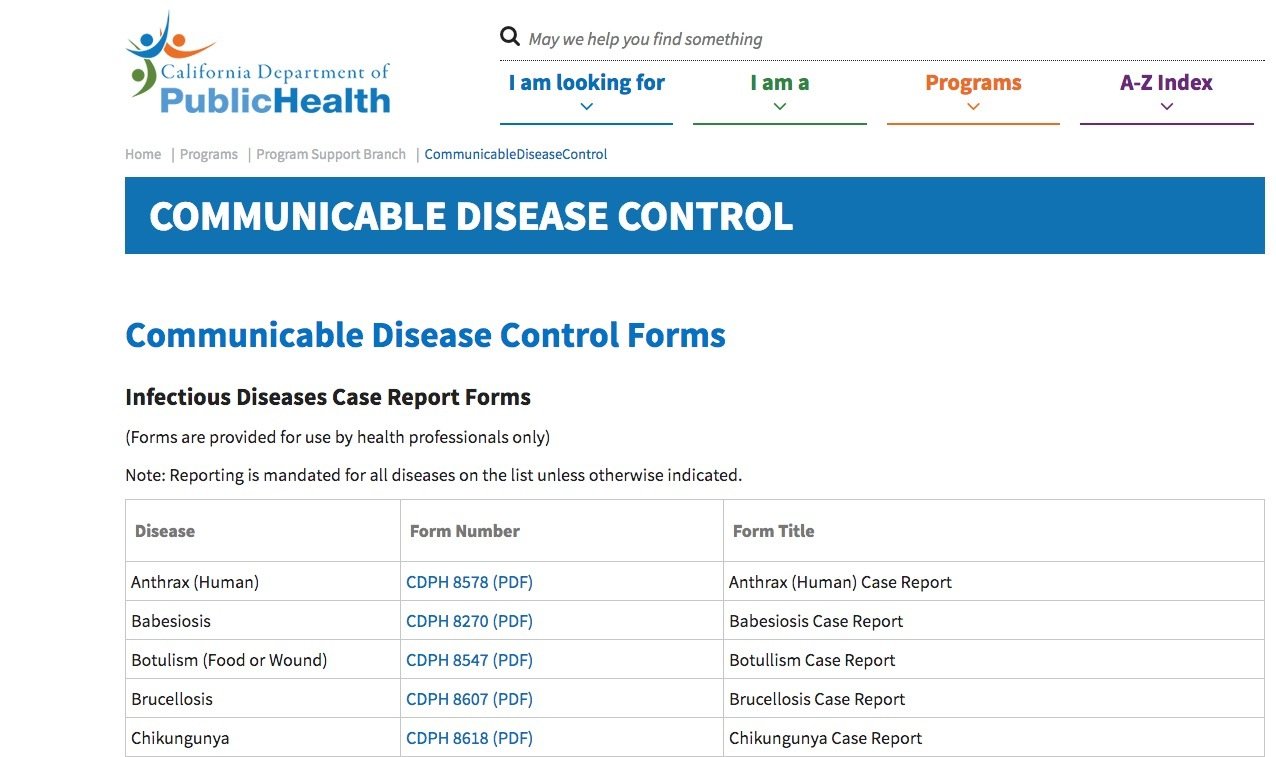
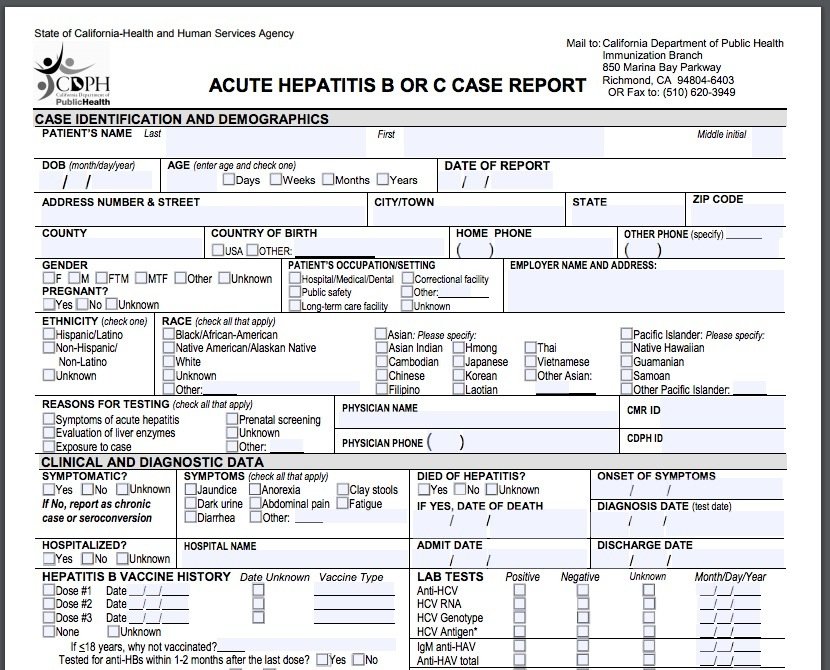
Text
Text
Text
Another example: long-term care complaints
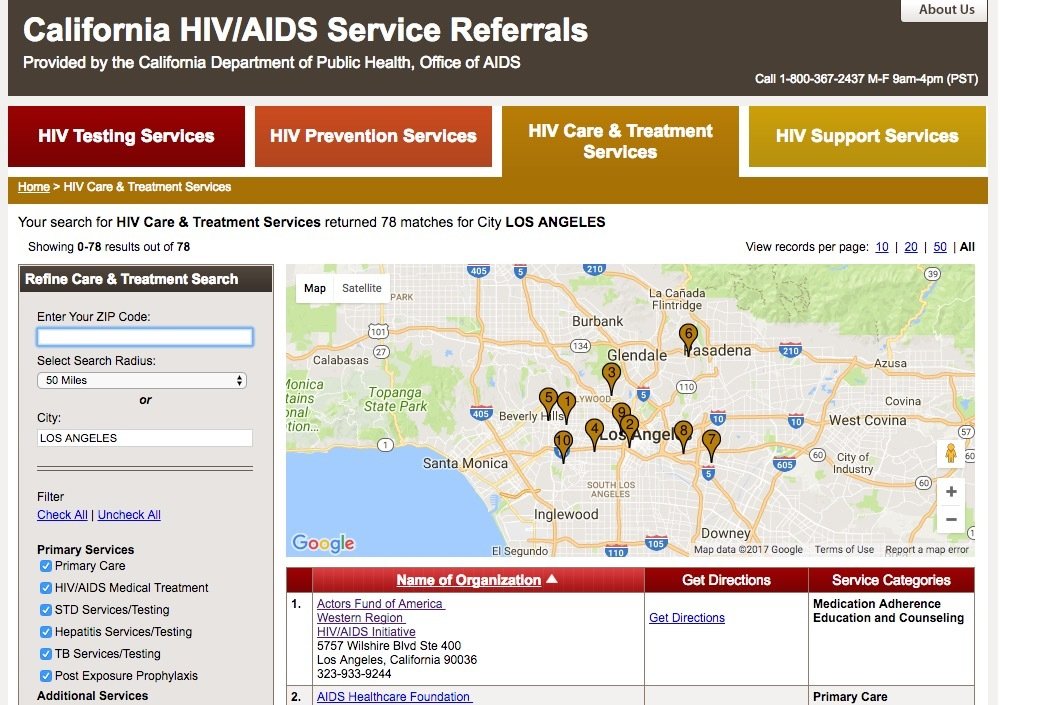
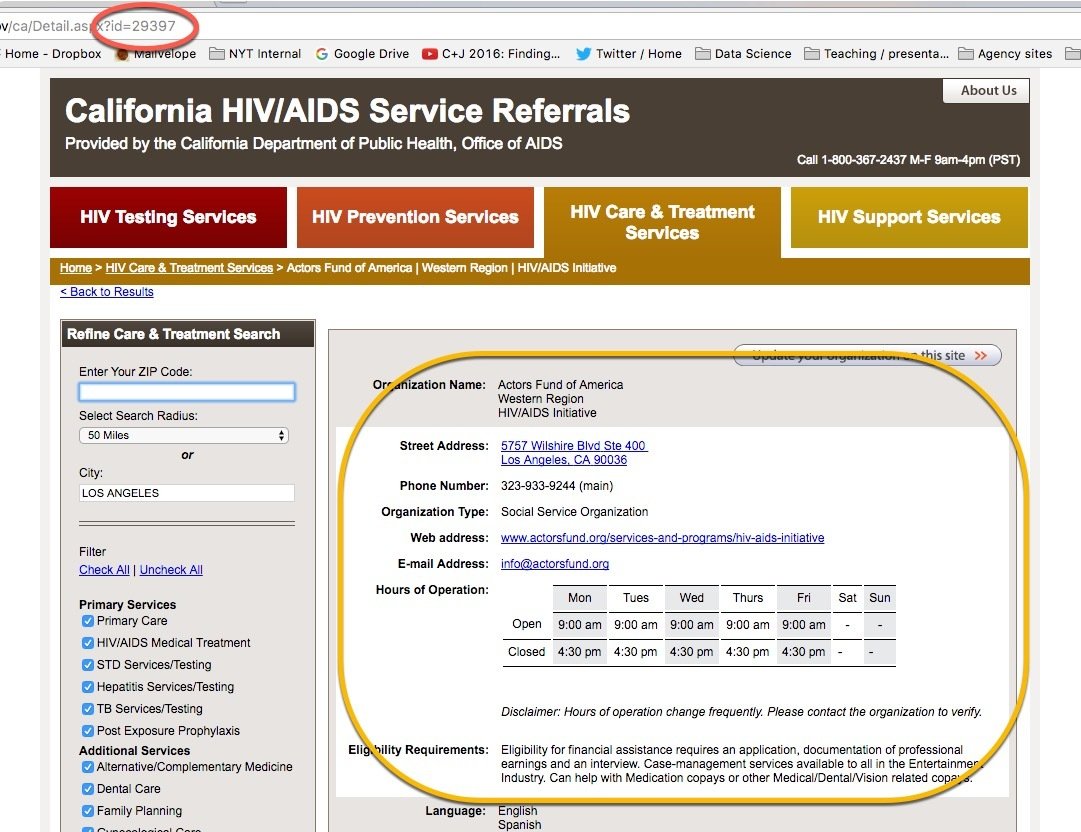
Lookups that might be scraped
Text
Public data portals
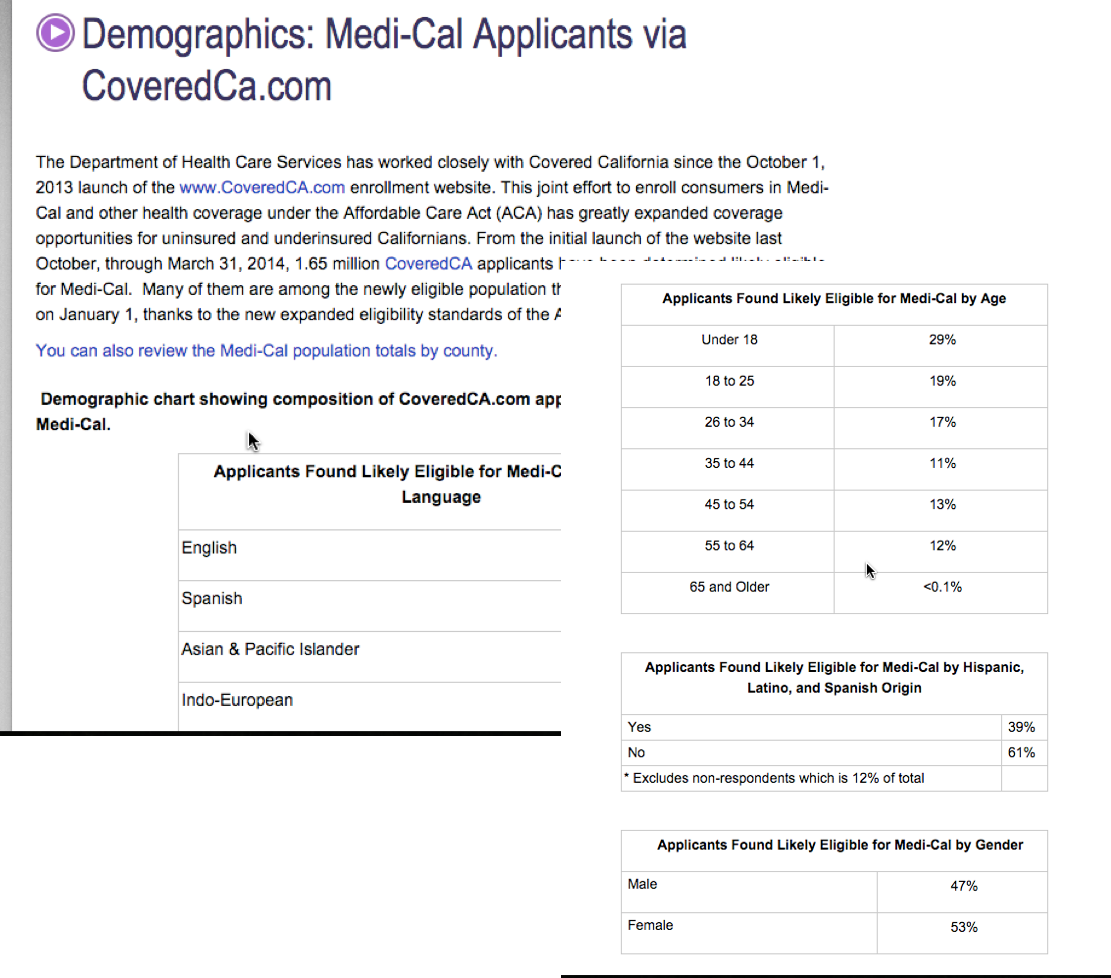
Statistical reports =
Counting up items!
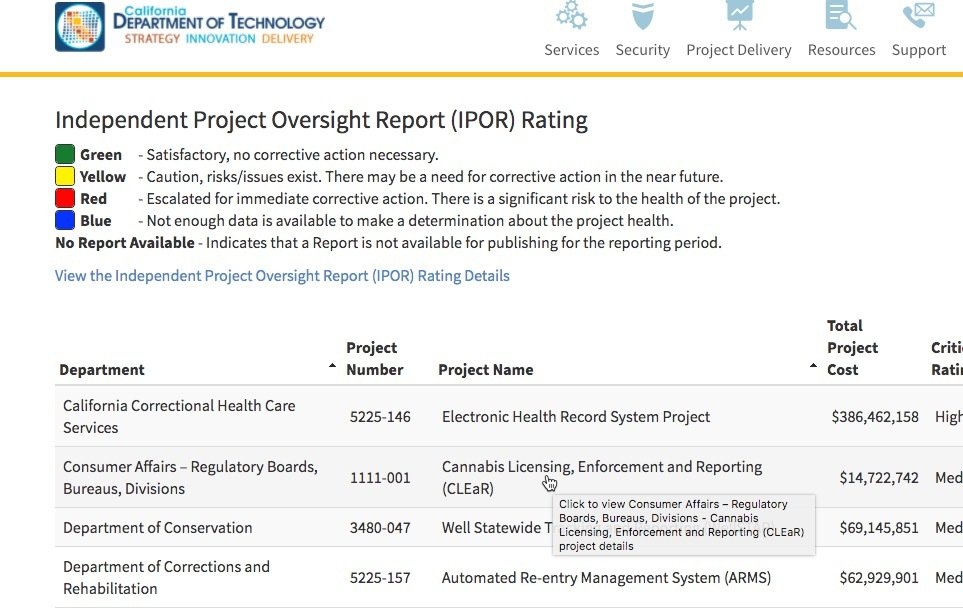
Audits and inspections
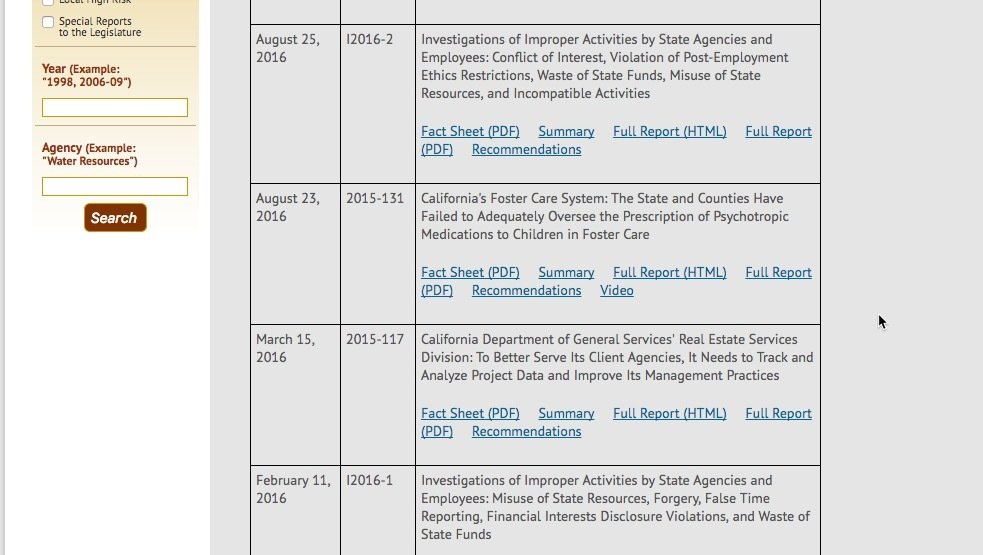
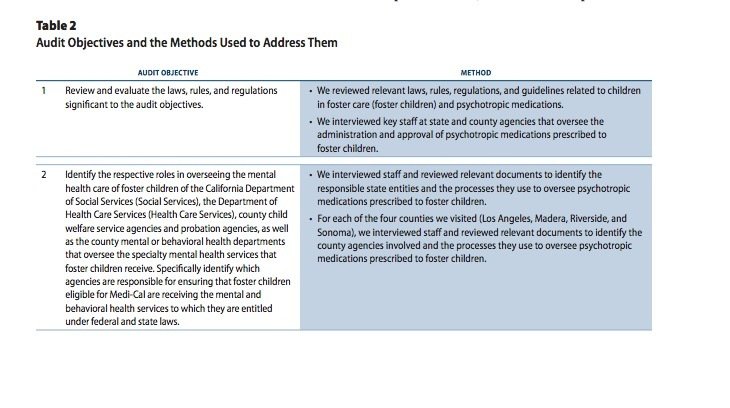
Look elsewhere
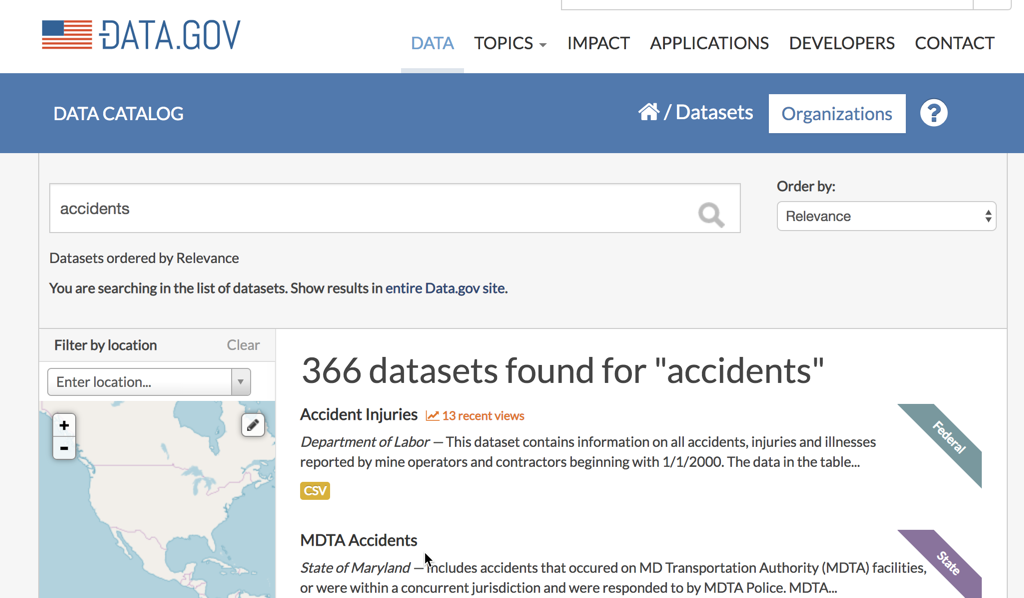
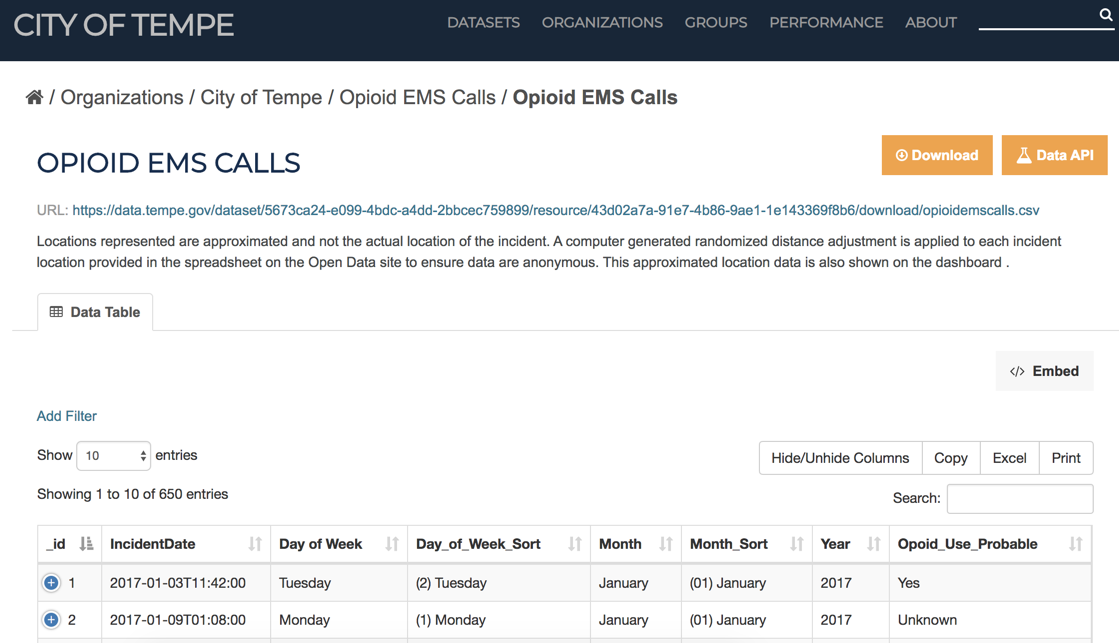
-
muckrock.com has a stash of previously submitted public records requests. Not all of them are good, but they can lead you to a good request.
-
data.world wants to be the Github for data -- a way to collaborate on data-related projects. Most data is unverified and not well documented, but it can give you a sense of what's available from official sources elsewhere.
- Google's new beta dataset search seems pretty haphazard - but it could point you to good datasets elsewhere that you can use as a model.
Data aggregation sites
Consider research agreements
- Best: "Use for journalism purposes"
- Next-best: Don't try to identify people from the data, but don't preclude other reporting
- Getting close to impossible: Isolate in unconnected computer, or in a private room in the government. (Try finding a good researcher to help who already has it under those conditions)
- Can't agree to:
- Pre-publication review
- No individuals at all
From state to federal: FOIA exemptions
FOIA says records must be released...except when they're not
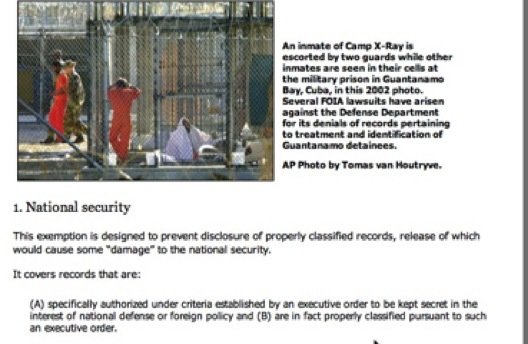
Other exemptions
- Exemption 4: Trade secrets come into play in contracts and their associated records.
- Exemption 5: Internal agency memos
- Exemption 6: "Personnel and medical files and similar files, the disclosure of which would constitute a clearly unwarranted invasion of personal privacy"
- Exemption 7(c): Similar wording, this time for law enforcement and investigative records
Stumbling blocks
-
HIPAA: ONLY applies to health care providers. Fire departments are not health care providers. EMS records other than medical records should be available.
-
FERPA: ONLY applies to educational records, not everything in a university. Lawsuits have found parking tickets, for example, are public
-
Investigatory records: Difficult to overcome. Try to find examples elsewhere
- “PII”: Just because a record could identify an individual doesn’t mean it’s an invasion of personal privacy.
Common federal records
- Agency “control correspondence,” or records of Congressional office communication with agencies. This is the only way to get records of Congress
- Schedules and calendars of high-level government officials.
- Contract payments and some contract language.
- Grant payments, audits and reports.
- Names, positions and pay records of agency personnel
- Comments made by lobbyists and others on agency activities
- Operating manuals, directives to employees and other official procedures.
- FOIA logs (requests made by others)
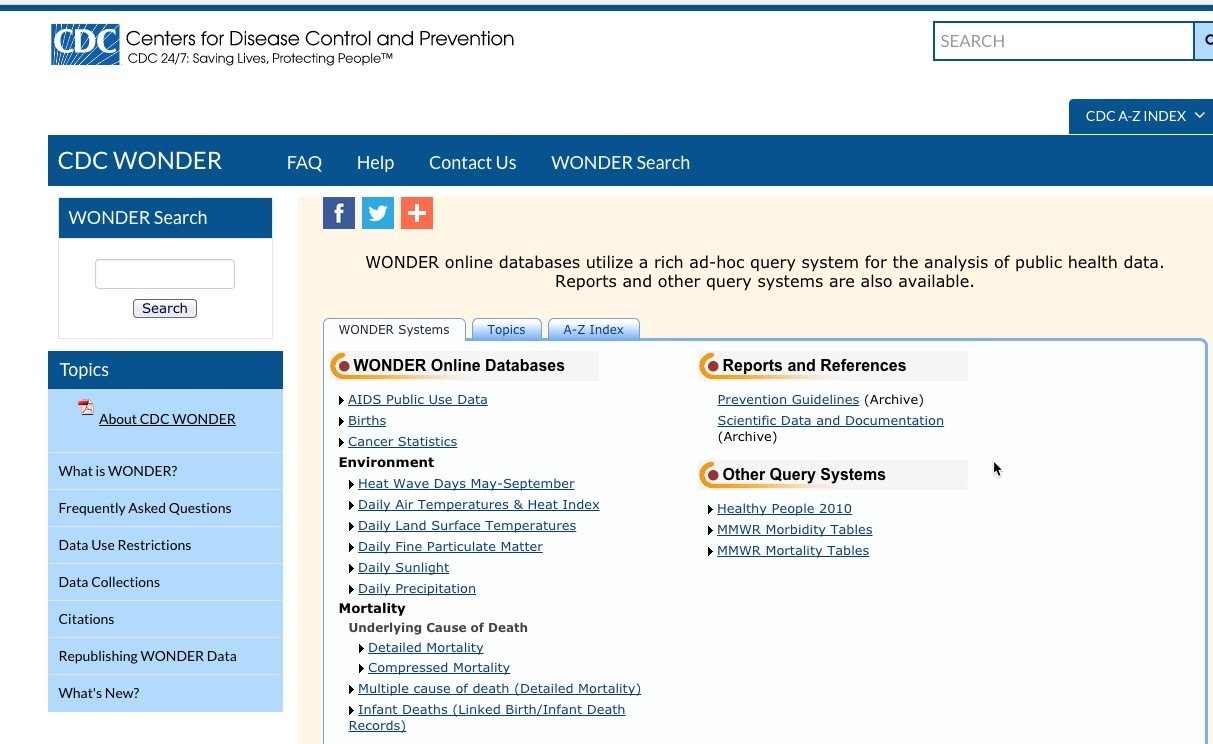
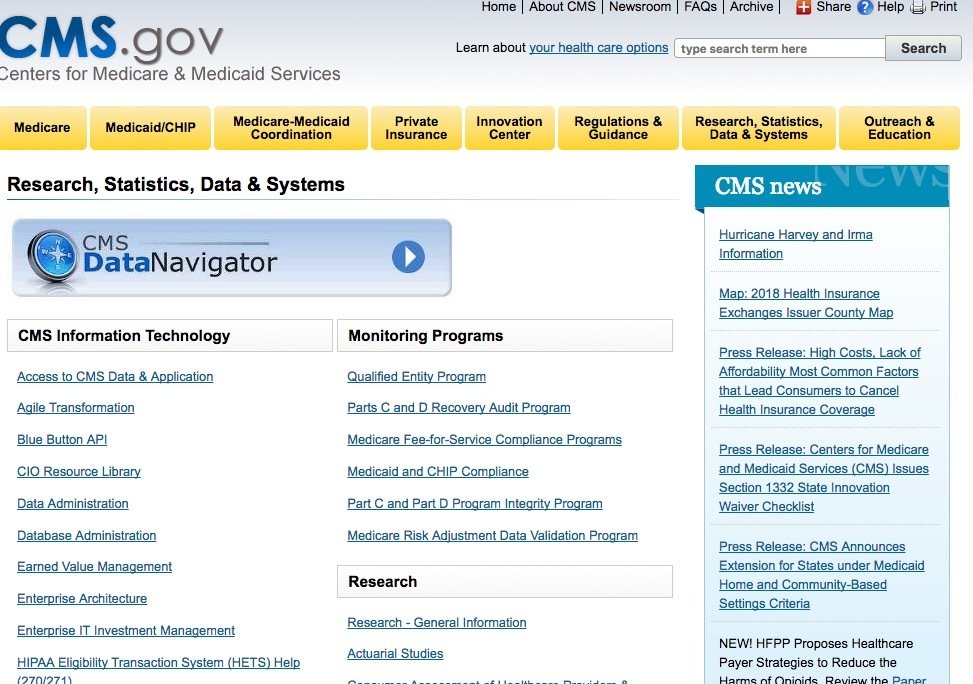
Reginfo.gov : The ultimate menu
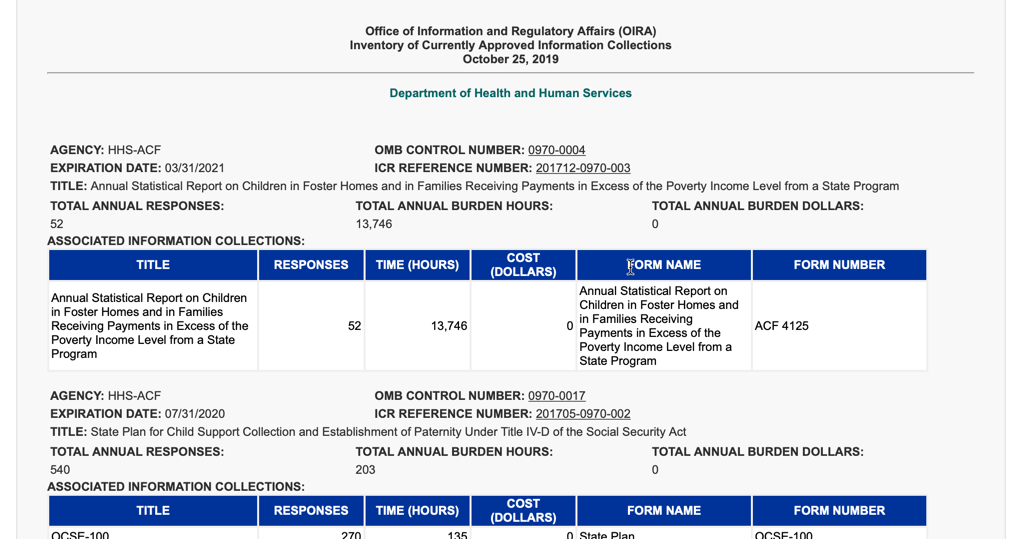
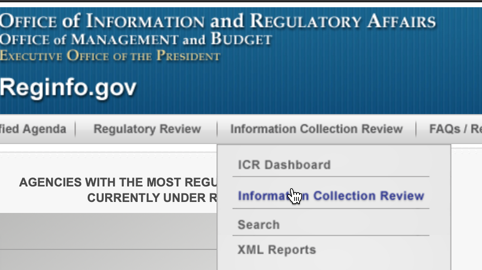
sarah.h.cohen@asu.edu
@sarahcnyt
https://slides.com/sarahcnyt/cahealth
Health fellows
By Sarah Cohen
Health fellows
USC health fellows presentation on public records, edited October 2018
- 1,402
